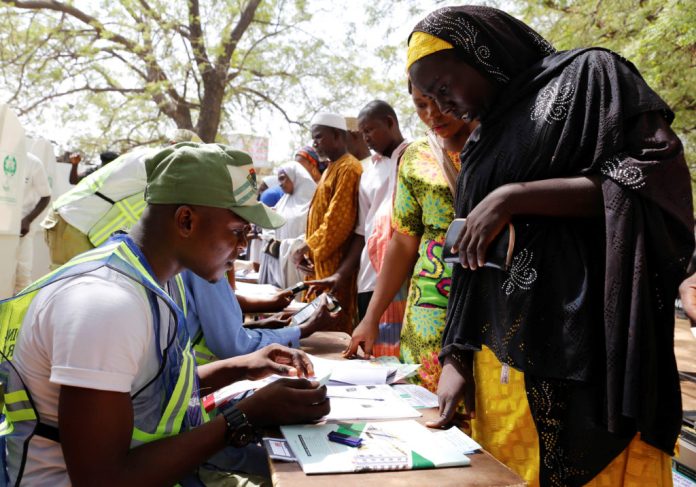Finally, the long-awaited 2023 is here. Beyond our politics, this year will greatly shape our economic and social psyche.
The commotions, dramas, violence and concerns that precede the general elections, less than 60 days away – precisely on February 25 and March 11 – say it all.
Until now, politics has been anything but politically civil. Despite the signing of the peace agreement, attacks on political opponents have increased. The offices and facilities of the Independent National Electoral Commission (INEC) have been destroyed while the sponsors have not yet been arrested.
Except for a brief period of clear and meaningful discussion of the real issues through debates, the campaigns have been boring. In fact, the campaigns significantly reflect either denial or outright contempt for the immense socio-economic crisis the country is currently facing in the midst of an increasingly chaotic global political climate.
While the world economy remains unpredictable in the face of the war in Ukraine, the rise in COVID infections, and the climate crisis, our economy has never been more affected.
For context, the 2022 Multidimensional Poverty Index survey conducted by the National Bureau of Statistics reveals that 63% of people living in Nigeria (133 million people) are multidimensionally poor. He adds that the national MPI is 0.257, indicating that poor people in Nigeria experience just over a quarter of all possible deprivations.
The report gave a breakdown like this: 65 percent of the poor (86 million people) live in the North, while 35 percent (almost 47 million) live in the South. Poverty levels between states vary significantly, with multidimensional poverty incidence ranging from a low of 27% in Ondo to a high of 91% in Sokoto.
Nearly two-thirds of Nigeria’s population is multidimensionally poor, cooking with dung, wood or charcoal, rather than cleaner energy. Major deprivations are also evident at the national level in sanitation, time to access health care, food insecurity, and housing.
In general, the incidence of monetary poverty is lower than the incidence of multidimensional poverty in most states. Multidimensional poverty is higher in rural areas, where 72% of people are poor, compared to 42% of people in urban areas.
Interestingly, as of 2018/2019, 40.1% of people were poor based on the national monetary poverty line.
The report also gave a glimpse of the future in its Multidimensional Child Poverty in Nigeria. According to the report, two thirds (67.5%) of children (0-17) are multidimensionally poor and half (51%) of all poor people are children.
He added that the highest deprivations are found in the child participation indicator, where more than half of poor children lack the intellectual stimulation that is essential for early childhood development. Child poverty is prevalent in rural areas, with nearly 90 percent of rural children living in poverty.
Across all geopolitical zones, the children’s MPI shows higher poverty in the Northeast and Northwest (where 90% of children are poor) and lower poverty in the Southeast and Southwest (74% and 65.1%, respectively). ). ).
As if this weren’t enough, the decade-long security crisis is far from over, if anything, it has morphed into a monstrous kidnapping enterprise.
In fact, not a few high-profile Nigerians have expressed pity for whoever turns out to be president this year. In fact, it is a disturbing prospect. But it could also be an opportunity to rebuild.
In Africa alone, no fewer than eight countries are also having major elections this year. In addition to Nigeria, Sierra Leone, Zimbabwe, Gabon, Liberia, and the Democratic Republic of Congo (DRC) also have general elections this year. Nigeria, being the giants of Africa, is expected to lead the way in ensuring not only credible elections, but also a peaceful transition process.
And this starts with all stakeholders in the electoral process respecting the rules of participation and adhering to the provisions of the laws of the land.
As a newspaper, with less than 60 days to go until the elections, we expect not only political maturity from the contenders, but stronger commitments on how to solve the crises we face as a nation.
In this last stretch of campaigns, we need to see the contestants discuss issues; be more moderate and less inflammatory in their messages; discourage their followers from resorting to violence; and show much more empathy for the plight of Nigerians.







